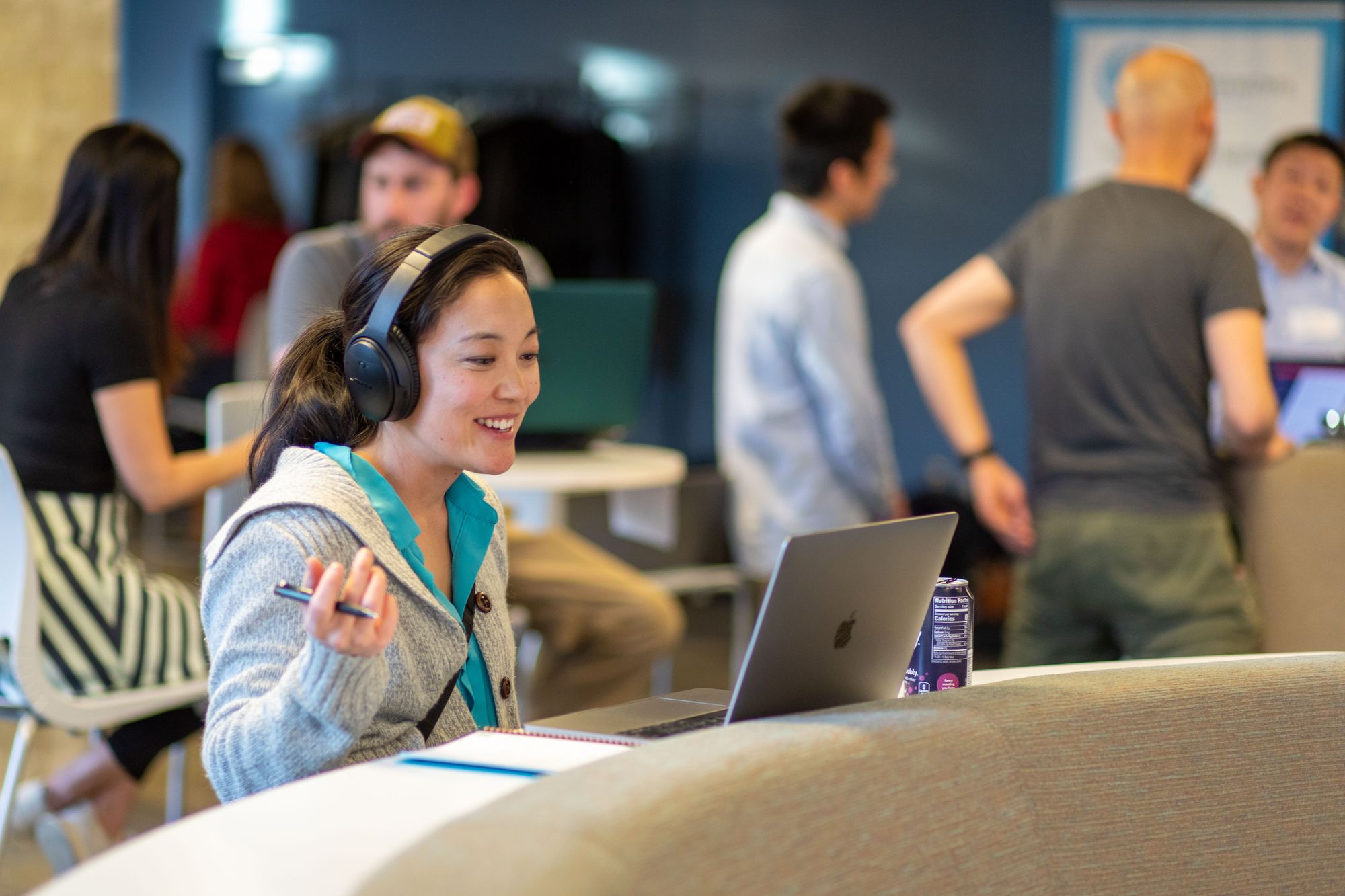Aviate, Navigate, Communicate
Words from Turing School founder and Executive Director, Jeff Casimir, on how our school community is facing the COVID-19 pandemic.

Words from Turing School founder and Executive Director, Jeff Casimir, on how our school community is facing the COVID-19 pandemic.
Back in 2015 we had a trend of former pilots and flight instructors joining Turing to become software developers. Fred Block was one such student. In a weekly one-on-one, Fred and I talked about uncertainty, anxiety, and emergencies.
He told me the mantra that they practice in aviation: aviate, navigate, communicate. It's a simple directive. When you panic, when you're not sure what's happening, when you're not sure what should be done first; you do this, (a) keep the plane in the air, then (b) figure out where you're going, then (c) tell everyone about the plan. It sounds simple enough, but at the moment when lights are flashing, your blood-pressure is surging, and you don't have the ability to be thoughtful or creative, knowing the right steps and the right order can make a life or death difference.

When I share Fred's story with students it's usually followed by "but most of our work just isn't that serious." You're probably building software to sell things, track fitness, or manage insurance. But now it's April 2020, everyone is affected by the global pandemic, and everything seems to be life or death. A rare few can treat this like a weird vacation while the rest of us wonder how many friends and family might die before we get to a vaccine. And just how far away is that?
Through February and March the coronavirus was a topic of conversation. We debated around the office lunch table who were "preppers" and who was just "keeping an eye on things." I was on vacation on Wednesday, March 11, when I realized our plane was in trouble. That afternoon I read a blog post that advocated it was time to "cancel everything." The article closed with the argument that "acting now will get labeled as being alarmist and later we'll wish we did these things sooner."
After sitting with it a few minutes, I knew that was us. The plane was on fire and we had to prioritize the safety and wellbeing of our community above everything else. No long-term plans and no speculation.
First, aviate. We'd move Turing online. I didn't know what that meant or how it'd work, but we'd figure it out. Second, navigate. We'd need a plan that can move quickly without blockers. I got on the phone with EM and Courtney, my senior organizational leaders, and explained the fire, the plan as I saw it, and sent them on to activate their teams. The next day, Thursday, March 12, we could communicate. We explained everything to students with clarity and authority. This is what is happening, this is our plan, this is what you need to know to make your own best-possible plans. By Monday, March 16, we were running a 200+ person organization completely remote.
It's a month later and everything is shut down. What was labelled as alarmist now looks obvious. We're now working our way through a socially-distant reality, trying to work, to live, and to find little bits of joy along the way. Underneath it all, for most people, is the rising challenge of anxiety. That feeling that pulls us away from what's important, undercuts our ability to enjoy the life we have, and instead circle in an idle worry.

What do you do when you don't know what to do? Anxiety will fill that void. Where you want to be creative it'll push you towards frustration. When you want to sleep it'll keep you awake. Where you want to be strong it'll make you feel weak. In normal times, anxiety is an illness that people try to dismiss with a deep breath or a nap. But if you're not anxious right now you're not paying attention.
What do you do when you don't know what to do? You've got to aviate. You lean on the skills you've built and the power you have, to keep things from crashing into the ground. You work if you're able. You sleep if you're able. You eat foods that are good for you. You exercise a bit. You accept that the future is uncertain and the plan is unclear, but if we don't keep this plane off the ground then the rest of what we do doesn't matter.
These are the aviation weeks. Schools and businesses are closed. Grocery stores might not have everything but they have plenty of what we need to keep going. Our economy and healthcare systems are bending but they haven't broken. We're doing what we can, collectively, to stay in the air.
Soon we'll have to move on to navigating. What is the path back to a normal life? Will it be normal at all? What are the markers that say "now is the moment to resume that activity"? When will it be ok to visit with people you care about? When do we have in-person classes and open businesses? When can a restaurant feel excited about a crowd again? How do we find new work for the unemployed and reopen businesses lost along the way?
And somewhere in the distant future we will communicate. We'll look for and share the lessons learned. Dozens of books will be written. We'll shift priorities and make some resolutions together. Maybe we'll commit to new ideas of how we shape our own lives, our social circles, our communities, nation, and world. All this destruction can at least make us a little smarter, a little more caring, and better prepared for the future.
But it's not that time yet. We don't need to figure out the plans for the fall, for 2021, for the lifetimes after that. Right now it's ok to not know what to do.
We can just aviate. We can get through this day and this week and then the month. We can care for ourselves, those we care about, and those we have the power to help. And if we do that for a little while longer we'll find that the plane still flies. Then we'll get to pick a destination.
I’m Jeff Casimir, the founder and Executive Director of the Turing School of Software & Design. I believe that we can still discover a more amazing future.

